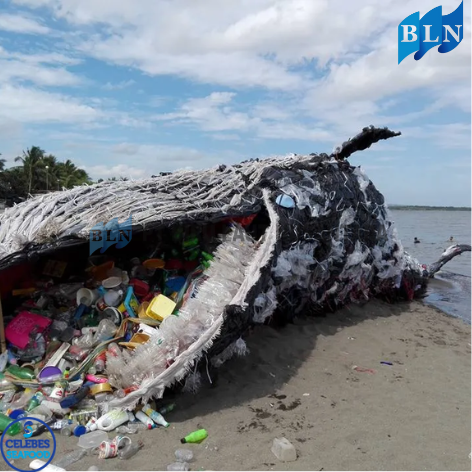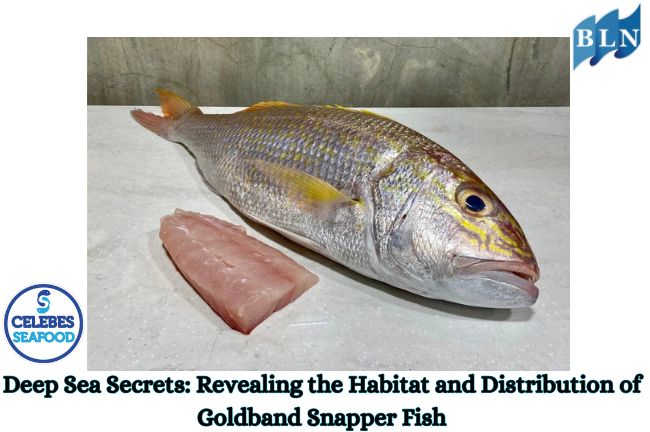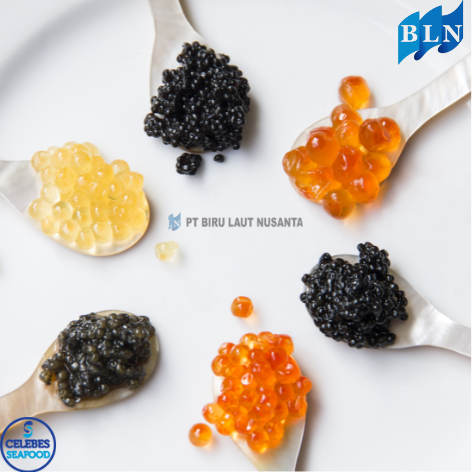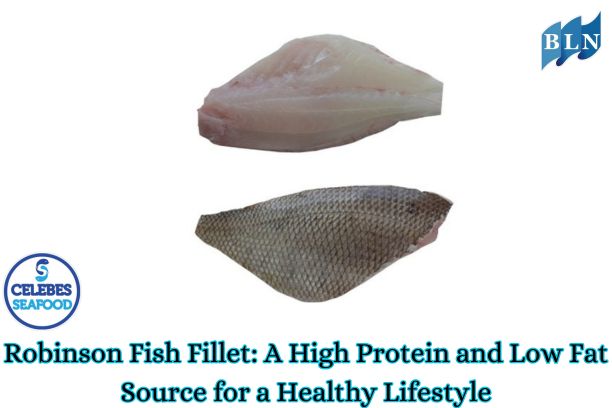Plastic Waste in the Ocean: A Growing Crisis
By. Nindi - 21 Mar 2025
lautnusantara.com The increasing amount of plastic waste in the ocean has become a severe environmental crisis. Every year, millions of tons of plastic enter the ocean, causing harm to marine life, ecosystems, and even human health. This article explores the sources, impacts, and potential solutions to this growing problem.
Sources of Plastic Waste in the Ocean
Plastic waste in the ocean comes from various sources, including:
- Land-based Pollution – Improper waste disposal, industrial discharge, and littering contribute significantly to plastic pollution.
- Maritime Activities – Fishing nets, plastic debris from ships, and waste from offshore platforms also add to the problem.
- Microplastics – Small plastic particles from cosmetics, clothing fibers, and degraded plastic items are a hidden but significant contributor to ocean pollution.
Impacts of Plastic Waste
Plastic waste in the ocean has devastating effects on marine life, ecosystems, and humans:
- Harm to Marine Life – Many marine animals ingest plastic, mistaking it for food, leading to internal injuries, starvation, and death.
- Ecosystem Disruption – Plastic waste can damage coral reefs, disrupt food chains, and alter marine habitats.
- Human Health Risks – Microplastics have entered the human food chain through seafood consumption, posing potential health risks.
Possible Solutions
To combat plastic waste in the ocean, several measures can be taken:
- Reducing Plastic Use – Governments and businesses should promote alternatives to single-use plastics.
- Improving Waste Management – Enhancing recycling programs and proper waste disposal can prevent plastic from reaching the ocean.
- Innovative Cleanup Efforts – Technologies like ocean cleanup systems and biodegradable plastics can help mitigate pollution.
- Public Awareness and Education – Encouraging responsible consumer behavior and educating people about the dangers of plastic waste can drive change.
Plastic pollution in the ocean is a growing crisis that requires urgent action. By adopting sustainable practices, improving waste management, and increasing awareness, we can work towards a cleaner, healthier ocean for future generations.








